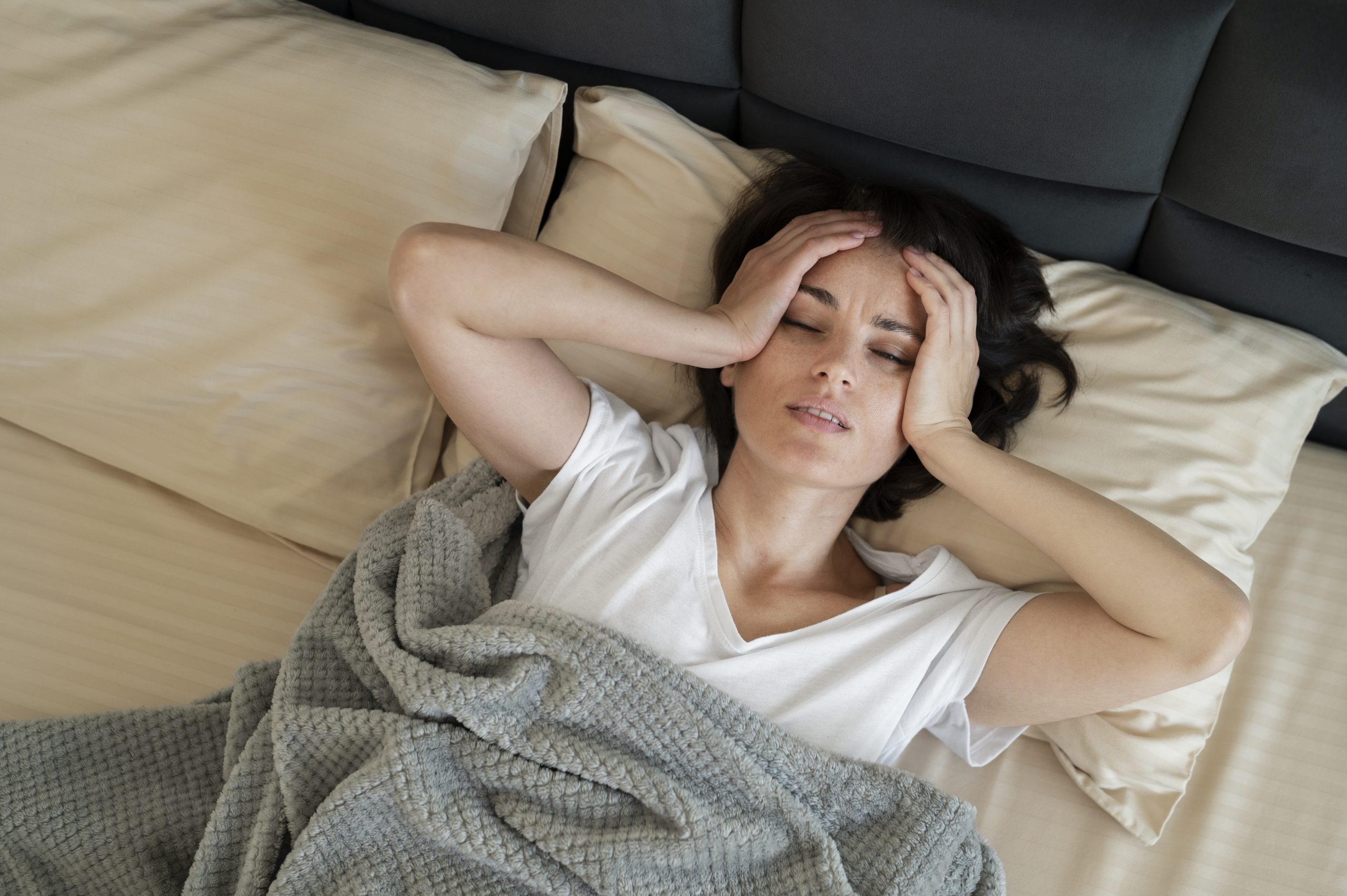Menopause is like that guest who overstays their welcome—bringing along a bunch of unwanted surprises, including insomnia. If you’re tossing and turning at night, wondering if you’ll ever sleep like a baby again, you’re not alone. Sleep disturbances are a common complaint during menopause, but the good news? There are ways to outsmart them! Let’s talk about how you can reclaim your peaceful slumber.
1. Stick to a Sleep Schedule
Your body loves routine, even if your hormones are all over the place. Try going to bed and waking up at the same time every day—yes, even on weekends! A consistent schedule helps regulate your body’s internal clock.
2. Create a Relaxing Bedtime Ritual
Think of it as a wind-down routine for your brain. Reading a book, taking a warm bath, sipping herbal tea, or practicing meditation can signal your body that it’s time to sleep.
3. Keep Your Bedroom Cool and Cozy
Hot flashes and night sweats can make sleep feel impossible. Keep your bedroom cool, use breathable cotton sheets, and invest in a fan or cooling pillow. Your sleep environment matters!
4. Limit Caffeine and Alcohol
That evening cup of coffee or glass of wine might feel comforting, but they can disrupt your sleep cycle. Try cutting back on stimulants in the afternoon and opt for calming herbal teas instead.
5. Get Moving During the Day
Regular exercise can work wonders for sleep, but avoid intense workouts right before bed. A morning or afternoon walk, yoga, or even some light stretching can help regulate your sleep patterns.
6. Manage Stress and Anxiety
Easier said than done, right? But stress and anxiety can keep your mind racing at night. Try relaxation techniques like deep breathing, journaling, or talking to a therapist. Your mental health is just as important as your physical health.
7. Try Natural Sleep Aids
Melatonin supplements, magnesium, or valerian root may help improve sleep quality. However, always check with a healthcare provider before trying new supplements.
8. Cut Down on Screen Time Before Bed
Scrolling through your phone in bed? Guilty! The blue light from screens messes with melatonin production, making it harder to fall asleep. Try reading a physical book or listening to calming music instead.
9. Consider Hormone Therapy (If Needed)
For some women, hormone replacement therapy (HRT) can help regulate sleep patterns. Talk to your gynecologist to see if this option is right for you.
10. Know When to Seek Help
If your sleep troubles are affecting your daily life, it might be time to see a specialist. A gynecologist or sleep expert can help you find a solution tailored to your needs.
Menopause-related insomnia can be frustrating, but it’s not unbeatable. With a few lifestyle changes and the right support, you can sleep soundly again. Sweet dreams!
Need expert advice on menopause-related sleep issues? House of Gynaecologists has got you covered! Book a consultation with our specialists today.

